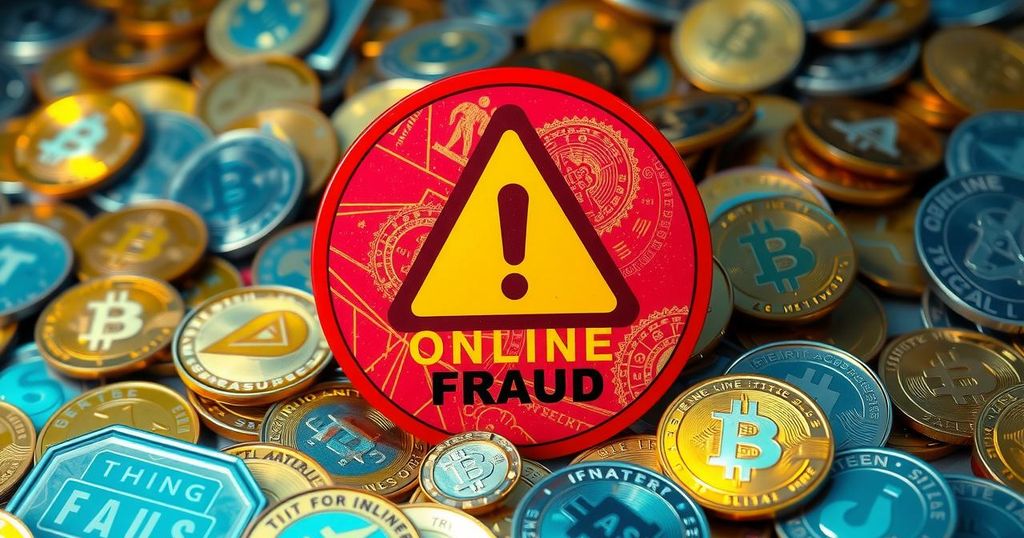Boston Police Department Issues Warning on Rise of Cryptocurrency Scams
Boston Police warn residents about a surge in cryptocurrency scams, with losses in Boston predicted to exceed $9 million in 2024. Common schemes include investment fraud, blackmail, and impersonation. To combat this, individuals should conduct research, verify info, and report suspicious activities. Authorities urge caution in these digital dealings.
Cryptocurrency scams are on the rise and the Boston Police Department is stepping forward with a warning. In 2024, financial losses attributed to these schemes in Boston may surpass a staggering $9 million. As fraudsters refine their methods for 2025, experts predict that scams will proliferate nationwide, potentially leading to even greater financial damage for unsuspecting victims.
Common scams include investment scams where fraudsters, often through social media or fake endorsements, promise huge returns with no risks attached. They often pose as ‘investment managers’ and coax victims into making upfront crypto payments. Once the transfer is made, these individuals disappear, leaving victims high and dry.
Another prevalent scam is blackmail and extortion, where scam emails or texts threaten to expose personal information unless a cryptocurrency payment is made. In some cases, they even claim to have evidence of illegal activities, demanding money to keep victims out of legal trouble.
Then, we have imposter scams, where criminals pretend to be trusted organisations—like banks or government agencies—pressuring individuals into sending crypto payments to resolve supposed issues, such as prevent service disruptions or avoid arrests. This includes impersonators claiming there’s been suspicious activity on accounts, leading victims to transfer funds to ‘safeguard’ them.
Employment scams are another issue, with job postings that appear to be legitimate on trusted sites. Victims often find themselves depositing fake checks and using that money to purchase cryptocurrency for a so-called client that doesn’t exist. Additionally, cryptocurrency ATMs are being exploited, as scammers provide fake instructions for making transactions, masking their fraudulent activities.
So how can people protect themselves? First off, do your homework. Verify any investment opportunity by looking at official documents and seeking independent reviews. The Massachusetts Attorney General’s Cryptocurrency Scam Tracker can be a useful tool.
It’s vital to secure your crypto wallet; never disclose your private keys or seed phrases, as legitimate investments won’t ask for that info. Also, always download apps from verified sources like the Google Play Store or Apple App Store to avoid fakes.
And be very cautious with social media ads: many scams indeed originate from misleading posts with fake testimonials. If someone unexpectedly offers a crypto opportunity, chances are it’s not legitimate.
Don’t forget to verify who you’re speaking with. Scammers can manipulate caller IDs to seem authentic, so always confirm identities through official channels before sending any money.
If you believe you’ve encountered cryptocurrency fraud, reporting it is crucial. You can get in touch with the Boston Regional Intelligence Center at 617-343-4328 or reach out to the Federal Trade Commission online.
Staying informed can be your best defence against these types of scams. A little awareness goes a long way in protecting yourself from financial losses caused by cryptocurrency fraud.




Post Comment